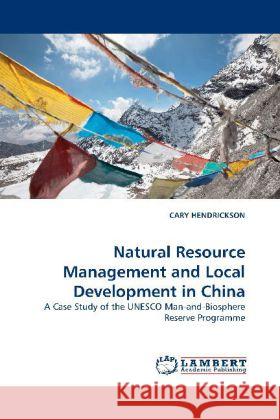Natural Resource Management and Local Development in China » książka
Natural Resource Management and Local Development in China
ISBN-13: 9783844393637 / Angielski / Miękka / 52 str.
The outcomes of natural resource management are some of the most contentious issues in sustainability research. In particular, the Chinese experience in developing protected areas for both tourism and to meet environmental policy objectives illustrates many of the complexities within current sustainable development approaches elsewhere in the world. This research seeks to explore a case study of biodiversity protection and rural development within the context of the Jiuzhaigou Biosphere Reserve, Sichuan Province, China. Although Jiuzhaigou is often promoted as the success story of Chinese nature-based tourism, the findings of this study suggest that it should also be seen by taking into account its unexpected implications. A number of strengths and weaknesses are identified and analyzed: the distribution of the economic benefits and environmental burdens of tourism and participation issues in managing the biosphere reserve. By assessing the impacts of the NRM strategies applied in the case of Jiuzhaigou, this study seeks to extract a valuable lesson for both policy-makers and researchers.











